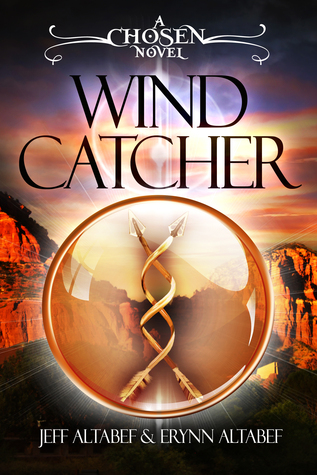
After my complex and demanding theme in 2016, I’m reverting to the approach that I took in 2014 and 2015 – a theme related to a ‘work in progress’.
So, my theme is “The History of Kanata”, the parallel world that is the setting for “Eagle Passage, and if there are more books, “The Manitou Mark” series. I wrote about this world in my blog post ‘This could be Kanata’, and that was a good summary of where the project was mid-December before I did more research.
The main plot of the novel is set in 2020 Kanata – the name originates from a St. Lawrence Iroquoian word, ‘kanata’ meaning village or settlement. This novel is alternative history with a dose of mystery, thriller, and a touch of spirituality. Spirituality as the heroine, Torill Migisi has latent shamanic powers that have been passed on for generations down the matrilineal line that leads her clan.
Torill’s great-grandmother, Chepi, appoints Torill as the next Matriarch to head the Migisi clan and the family’s successful trading corporation, Migisi Rederi, from Stadacona [Quebec City]. However, she puts off her calling, agreeing instead to transport a mysterious cargo for her brother, Andor, by high-tech airship. Airships are the primary means of global travel and planes are less advanced.
Torill discovers that the cargo is a jet plane dredged from Lake Gichigami [Lake Superior], and then someone murders her great-grandmother. Torill and her airship’s crew are forced to escape the authorities who believe she is the killer and is smuggling illegal arms that could trigger a continental war. Why has the plane got the star markings of their neighbour, the Dixie States? This can’t be the plane that Chepi crashed in Gichigami in 1945. What can Torill do if this jet was Chepi’s plane?
The main plot intersperses with stories about the Migisi ancestors involved with the development of the Kanatian world. I will blog each day in April on a key historical event that changed our world into Kanata. For now, I will give you the initial event that set this alternative timeline in motion.
In December 1000 AD, Leif Eriksson is wintering in the settlement called Leifsbúðir on an island he has discovered west of Greenland. A Sámi slave, Arnbjörg notices that Leif’s old foster-father, Tyrkir is missing and searches for him. Fearing that the old retainer is in danger, she alerts Finnr, the bard presumed to be her father, and he tells Leif. Tyrkir is eventually found, drunk from eating the ‘grapes’ he has picked from some vines. Arnbjörg and Tyrkir identify the fruit as a variety of lingonberries. Leif calls the island Vineland, but his most aggressive followers advice fighting the natives and leaving.
However, Arnbjörg has a shamanic vision in which the goddess Skaði shows her what the land could yield if the Vikings stay and co-operate with the indigenous people. Skaði gives Arnbjörg her divine bow, with which she can convince Leif to remain.
A year later, when the settlers are establishing a trading post at Stadacona, Arnbjörg meets and marries a Chippewa native, Misko Etchemin of the Migisi clan. She becomes the spiritual leader of the Migisi clan and a driving force behind their trade ventures. The rest is history – or rather alternative history.
So, please follow my ‘History of Kanata’ next month in the Blogging from A to Z Challenge 2017.
Important Links for the A to Z Challenge – use these to find other A to Z Bloggers
- Our website: http://www.a-to-zchallenge.com
- Our Facebook page: https://www.facebook.com/atozchallenge/
- Our Twitter handle: @AprilAtoZ
- Our Twitter hashtag: #atozchallenge








